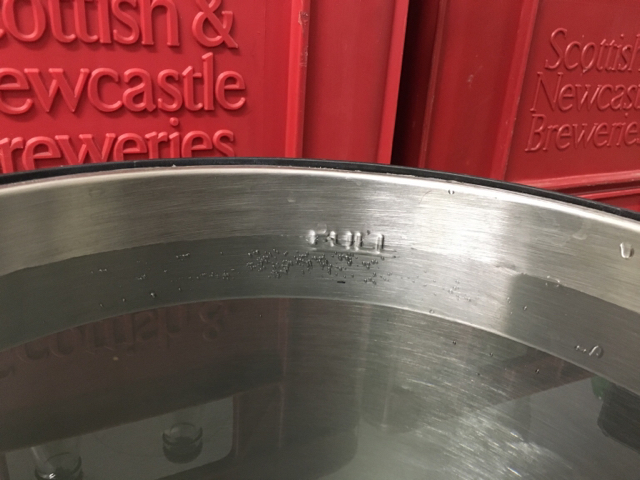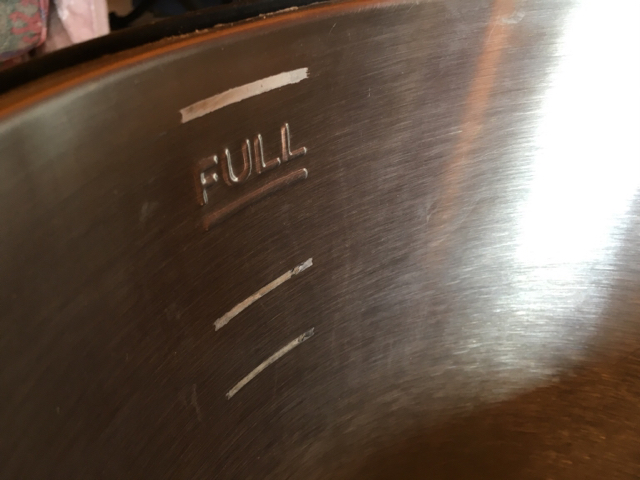Tony1951
Bungling Amateur
Quatermass is exactly what I thought myself, which is why I called it 'The Thing'. Best part is, it was moving like a jelly fish - it really looked alive. :) Good news is though that the beer was great. That was my first AG or near enough the first and I had no bag and what was in there was the entirety of the boil after I had strained out the grains (pre-boil) with a kitchen sieve. I even fermented directly in that pan. I reckon as long as you are clean, and as long as you use a tried and tested recipe, you are going to get 'beer' in this game - and usually it is at least as good as most of what is on offer down the pub, and frequently VERY much better.
It is surprising the way the break material settles down into a sort of off white creamy deposit as the fermentation progresses. I don't find any difference in quality of beer even when I have had a very big deposit. I got these when my ACE bazooka filter got entirely blocked and in despair I just upended the boiler complete with hop debris and trub into y FV and fermented it. I sometimes had about four centimetres of deposit at the bottom of the FV and when racked off carefully and bottled the beer was great. In fact I read an article a couple of weeks ago which was saying that 'kettle debris' assisted the fermentation - nutrients or something. If you are new to AG and have been doing kit brewing with concentrates, you may well be surprised by the different appearance of your wort at the start. Those kits have been processed in an industrial setting. Your kitchen processes are not like that. Mine certainly aren't. :)
EDIT:
I missed the question about efficiency -
I used to get about 70% to 75% using the bag, but with an hour long mash and using no bag and just mashing grains in the boiler I get 82% which resulted in my getting dangerous beer - slipped down a treat and was 7.7% and 7.8%. Gorgeous stuff but have a care...... :)
It is surprising the way the break material settles down into a sort of off white creamy deposit as the fermentation progresses. I don't find any difference in quality of beer even when I have had a very big deposit. I got these when my ACE bazooka filter got entirely blocked and in despair I just upended the boiler complete with hop debris and trub into y FV and fermented it. I sometimes had about four centimetres of deposit at the bottom of the FV and when racked off carefully and bottled the beer was great. In fact I read an article a couple of weeks ago which was saying that 'kettle debris' assisted the fermentation - nutrients or something. If you are new to AG and have been doing kit brewing with concentrates, you may well be surprised by the different appearance of your wort at the start. Those kits have been processed in an industrial setting. Your kitchen processes are not like that. Mine certainly aren't. :)
EDIT:
I missed the question about efficiency -
I used to get about 70% to 75% using the bag, but with an hour long mash and using no bag and just mashing grains in the boiler I get 82% which resulted in my getting dangerous beer - slipped down a treat and was 7.7% and 7.8%. Gorgeous stuff but have a care...... :)





